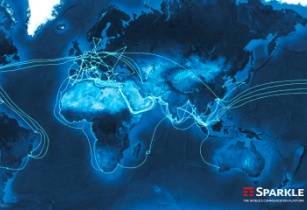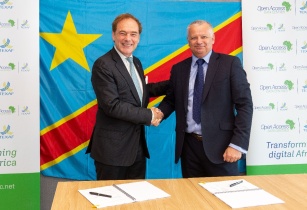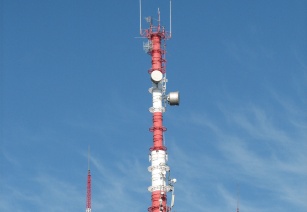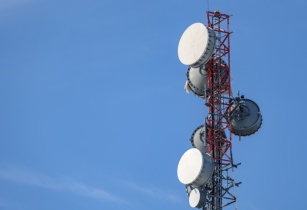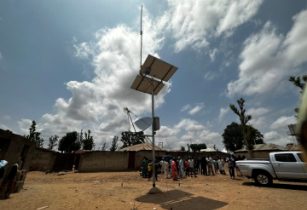“The surge in mobile data and broadband traffic is somewhat of a double-edged sword,” says Aingharan Kanagaratnam, Head of Engagement Practice: Mobile Broadband at Ericsson.
p>“The surge in mobile data and broadband traffic is somewhat of a double-edged sword,” says Aingharan Kanagaratnam, Head of Engagement Practice: Mobile Broadband at Ericsson.
“While it finally hails the sufficient uptake of mobile broadband, the ‘Smart phone effect’ has caused the usage of data services to multiply tenfold compared to traditional voice usage. It is this change in consumer demand that is putting new pressure on existing networks.”
The uptake of mobile data services has exposed major network gaps and mobile operators worldwide are fast realising the urgent need to upgrade their existing networks to cater for this data traffic boom. Indicative of this urgency is the fact that out of the five million base stations installed globally, an estimated 76,348 of these are based in Africa as at the end of 2009. Currently 1.5mn (33 per cent) of these cannot manage mobile data volumes which are in fact surpassing voice volumes quite considerably. This gap is further compounded when consideration is given to the massive forecasted growth figures given by Informa Telecoms and Media, which indicates and shows that total mobile traffic figures for 2008 measured in at 1.1 exabytes (trillion megabytes) worldwide, with growth expected to 2.5EB in 2010 and 18EB in 2014. While some of this growth will be found in traditional, circuit-switched voice traffic, mobile broadband is set to explode, surpassing 14EB during 2014.
Ericsson's viewpoint corresponds with these results, where internal findings indicate that global data traffic grew by 280 per cent each year over the last 24 months and movement seems to indicate that this figure will double annually over the next five years. Continues Kanagaratnam; “Operators therefore must urgently modernise their base stations by upgrading to EDGE, HSPA or LTE, improving energy efficiency and by looking for ways to lower operational and maintenance costs. With the expected demand over the next few years, now is the time to ensure that networks are upgraded and can sustain the future growth that is anticipated.”
Ericsson believes there is very good news for Africa, only if the continent heeds the warning and makes informed decisions based on this worldwide phenomenon. “As Africa has not yet reached the stage of genuine mobile broadband and its subsequent potential, infrastructure inefficiency will only be a problem for us further down the line. If we act now however, and work together with operators to modernise the networks to be able to meet the demands of data traffic boom, the continent has the potential to leapfrog while enabling better quality and reducing costs.”
“We understand that the evolution of technology never stands still and as such, it is essential that as an industry we work together to understand our opportunities, meet future challenges and reap the potential benefits that true mobile broadband has to offer,” concludes Kanagaratnam.









